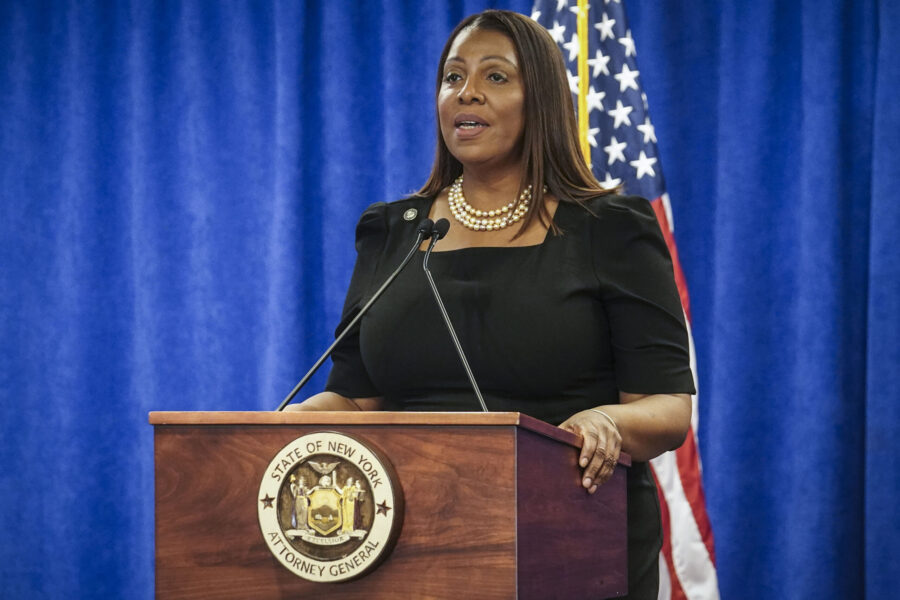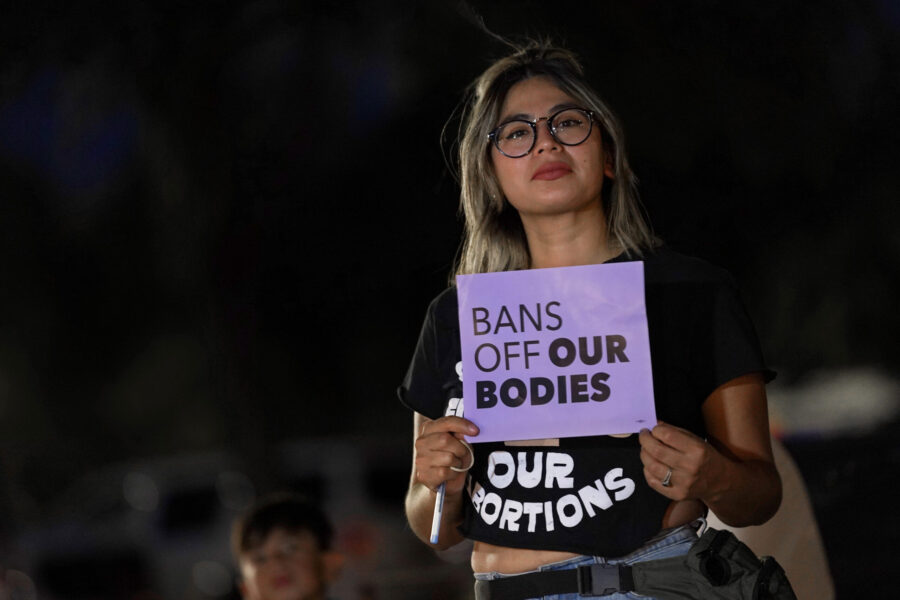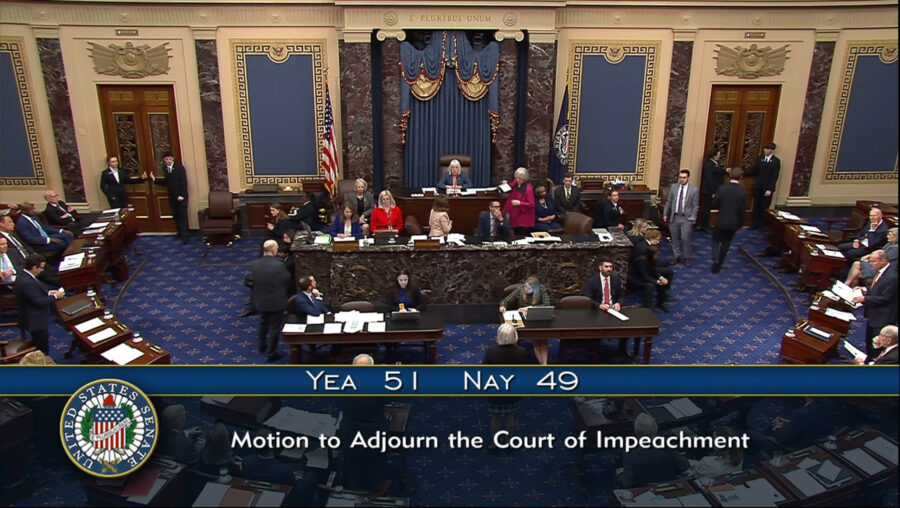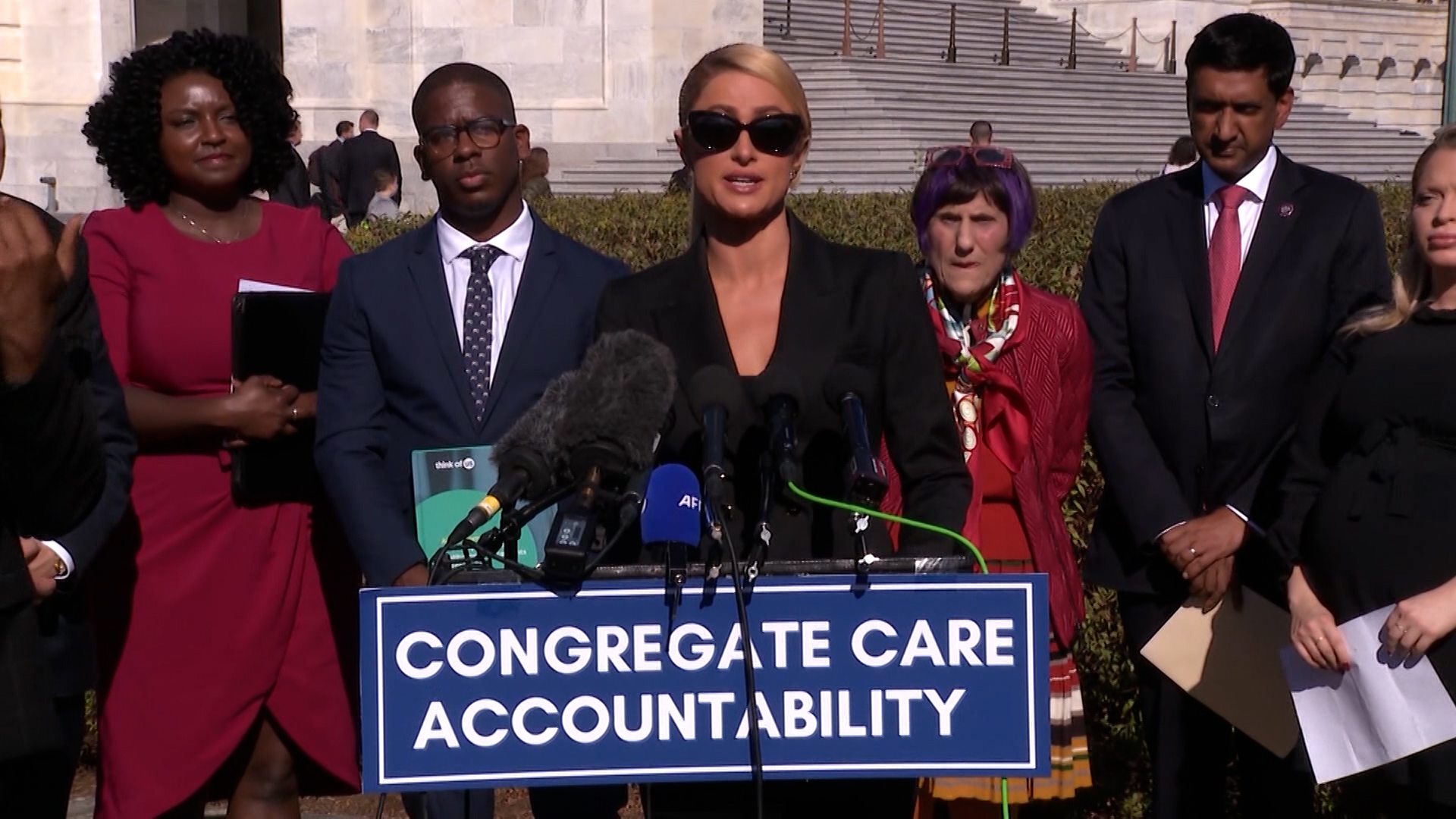Will Utah make this change to better protect victims of domestic violence?
Dec 20, 2022, 6:45 PM | Updated: 7:02 pm
SALT LAKE CITY – It’s faster than having a pizza delivered and could save a life.
In about ten minutes – often less – police officers can assess a person’s risk of being killed in a domestic violence situation. The process is simple: they ask 11 yes-or-no questions in what’s known as a lethality assessment.
Enough “yes” answers and police call a hotline for a nearby shelter offering victims a place to stay or help craft an escape plan, among other resources.
The tool’s been widely adopted in Utah, but not every department uses it.
Now, after the death of Amanda “Mandy” Mayne, a Taylorsville woman killed by her ex-husband in August, a group of state leaders, lawmakers and public safety officials wants to change that.
“That horrific murder has kind of exposed some gaps in the system,” said Utah Sen. Todd Weiler. “It was not used, and personally, I feel like it should have been.”
The Woods Cross Republican is sponsoring a bill to require the lethality assessment program (LAP) in cases of domestic and intimate partner violence.
Mayne’s family members doubted she knew how much danger she was in. They’re backing the push to mandate the questions she didn’t get a chance to answer, they told KSL.
Mayne’s ex-husband, Taylor Martin, threatened her family over several years, police records show. Three days before her death, she told Salt Lake City police officers she was afraid, according to a police report obtained through a public records request.
She believed Martin was stalking her when he showed up to her job, the report states, and he had to be held back from fighting her boyfriend, who worked there, too.
An investigator wrote in the report that Mayne wanted a protective order, so an officer gave her the address to the courthouse and a case number. However, Mayne declined to speak to an officer who followed up with her the next day.
Two days later, her mother said Mayne was fatally shot at a bus stop near her home. A sticky note containing the courthouse address was found in her purse.
Salt Lake City police do not participate in a statewide lethality assessment program, spokesperson Brent Weisberg said.
He explained they’re still working through concerns about shelter capacity and whether it can meet the anticipated increase in demand if the department adopts the protocol.
The agency uses similar evaluations in certain cases, he continued, such as attempted strangulation.
“As a department, we strive to find best practices to investigate domestic violence and to provide victims and survivors with as many resources as possible,” Weisberg explained.
Mayne is among several Utah women killed — either by an ex or someone they’d dated for a short time — after first seeking help from police, including college student Lauren McCluskey in 2018; and Memorez Rackley in Sandy in 2017.
The University of Utah and Sandy police officers who spoke with the women shortly before their deaths didn’t use LAP. Both agencies changed their policies afterward.
Unlike many families who’ve lost loved ones to domestic violence, Mayne’s has a tie to the top level of Utah’s executive branch.
Her cousin, Lt. Gov. Deidre Henderson, told KSL she can’t be certain Mayne would still be alive if Salt Lake City police used LAP. But it would have given Mayne a chance to connect with a victim service provider, Henderson said.
“This outcome shouldn’t have been a surprise to anybody,” she added.
The assessment can’t guarantee a person’s safety, said longtime victim advocate Carmen Contreras. However, it can help them recognize the level of risk they face and know where to turn for help in the future.
“I have seen in their eyes, “Oh, yeah, that’s happening to me,” said Contreras, with Unified police. “They may not be able to express it if they are not asked those questions.”
Salt Lake County Sheriff Rosie Rivera agreed. She told KSL that she likes the idea of a statewide protocol and a system allowing officers to look up prior assessments in other cities and towns in Utah.
“The top concern right now for me is these domestic violence homicides, because when you look at those, you can see the patterns of, there was a history before,” the sheriff said.
Like Salt Lake City police, her department doesn’t yet participate in the statewide LAP program. Rather, it relies on its own list of three questions and puts those at risk in touch with its victim advocates.
Rivera’s officers investigated Martin for prior threats to Mayne’s family. Rivera said she hasn’t dug into the details to see if they missed opportunities to help Mayne because a state review is already underway.
But she is certain that law enforcers can do more to help victims quickly get in touch with trained advocates when they’re ready to leave an abuser or find themselves in crisis.
“We can’t predict the future,” Rivera said. “But we can do everything possible in our power.”
Domestic violence resources
If you or someone you know is going through abuse, help is available.
The Utah Domestic Violence Coalition operates a confidential statewide, 24-hour domestic abuse hotline at 1-800-897-LINK (5465).
Resources are also available online at the Utah Domestic Violence Coalition website.
There are several ways the Utah Domestic Violence Coalition can help people. Previous examples include providing financial assistance for funerals, moving, and counseling that helps people find a different path or stay healthy and safe and the relationship they’re in.













